A look at why some organic food brands and other companies are hiding their sustainability initiatives from consumers.
Read Article

A look at why some organic food brands and other companies are hiding their sustainability initiatives from consumers.
Read Article
Because of heavy rain, Sno Pac Foods in Minnestoa lost 660 football fields of organic peas — and that number does not include other crop losses.
Read Article
The Intergovernmental Panel on Climate Change urges changes in how food is produced and distributed, including better soil management, crop diversification and fewer restrictions on trade.
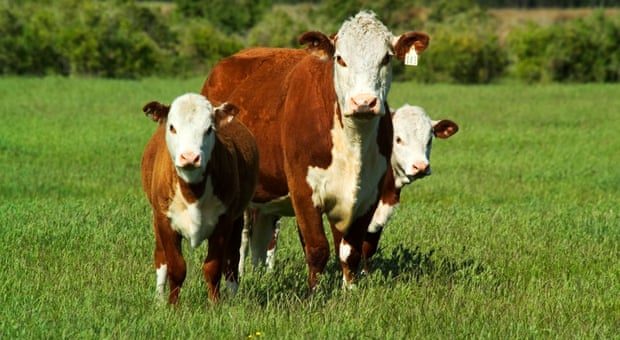
A draft report from the Intergovernmental Panel on Climate Change states that the way the world produces food must change. Or the consequences will be dire.
Read Article
Green packaging materials, redirecting food waste and adding social value in supply chains were a few of the key topics at last week’s summit.
Read Article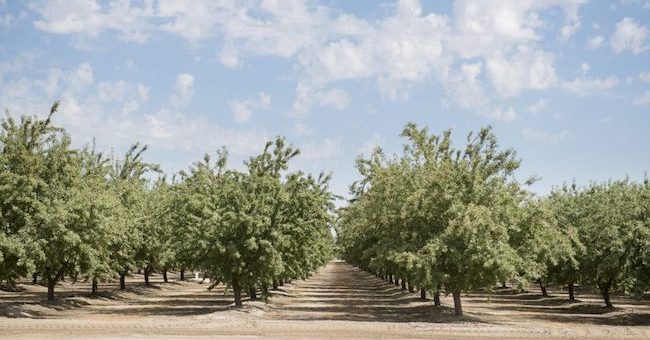
An interesting look at why pistachios may be a better long-term choice than almonds and other nuts.
Read Article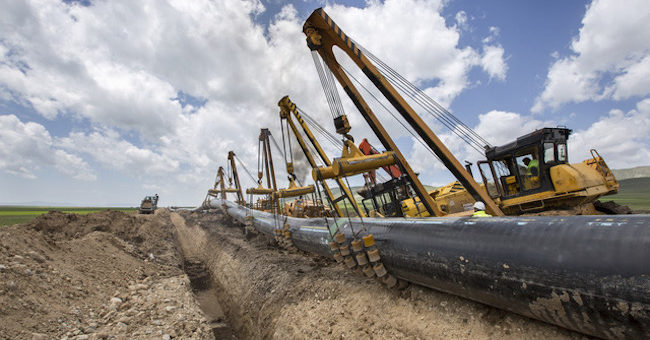
The construction of pipelines has been known to impact the environment and surrounding communities, and now there is evidence that organic farms are particularly vulnerable.
Read Article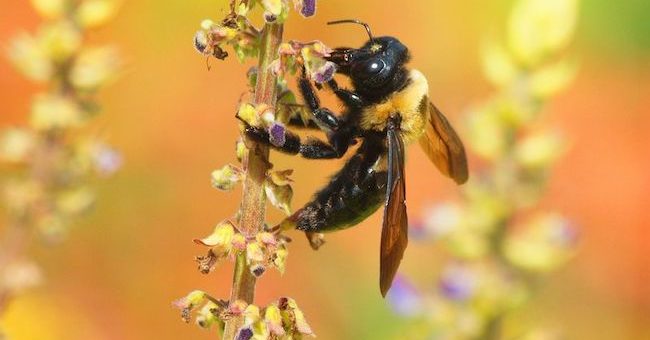
Given their significance to the planet’s ecological health, insects are disappearing at an unprecedented rate, sure to be devastating for all.
Read Article
Organic farmers are forced to use large amounts of plastic, much of which goes right into the landfill.
Read Article
A complete breakdown of where 2020 candidates stand in regards to agricultural policy.
Read Article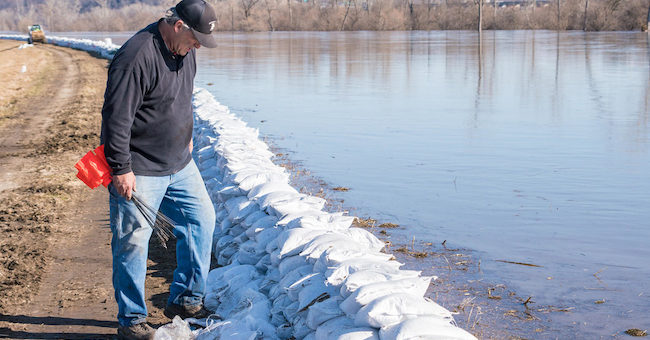
Extreme weather is one of the biggest threats to food production around the world, and with the effects of climate change intensifying, disruptions are becoming more common.
Read Article
Restaurants in California will have the option to add a 1% surcharge to diners’ bills, with the funds going toward supporting environmentally friendly farming practices.
Read Article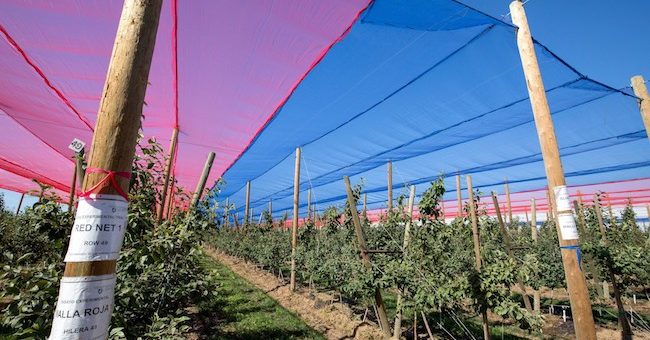
In every region of the country, farmers and scientists are trying to adapt an array of crops to warmer temperatures, invasive pests, erratic weather and earlier growing seasons.
Read Article
Environmental scientist and ecologist Francisco Sánchez-Bayo talks about his new research on the global insect decline and its under-reported connection to agriculture.
Read Article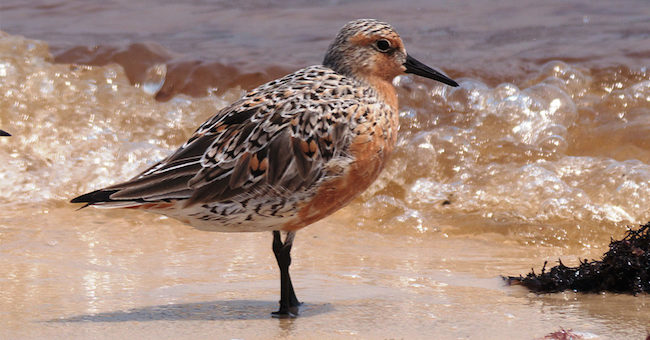
Conservation groups just filed a notice of intent to sue the Trump administration for suddenly reversing a 2014 decision prohibiting bee-killing, neonicotinoid pesticides and genetically-modified crops on national wildlife refuges.
Read Article
Rice, a staple food for billions of people around the world, could become much less nutritious if the amount of carbon dioxide in the environment continues to surge.
Read Article
A recent study published in the Journal of Cleaner Production found that organic grass-fed beef has less environmental impact than non-organic grass-fed beef.
Read Article
Kelp forests, often viewed as a solution to acidification in the ocean, are being threatened by an invasion of weeds.
Read Article
In an important ruling, the EU’s General Court said that consumer and environmental groups could challenge the way the European Commission authorizes the sale of GMOs.
Read Article
While the price of conventional food may be slightly less expensive in the supermarket, the overall economic and human costs of factory farming are “staggering” and “cannot be ignored,” according to a new report.
Read Article
Among many other wineries and farms in Northern California, Frey Vineyards, which bills itself as “America’s first organic and Biodynamic winery,” has been destroyed by the wildfires in the state.
Read Article
A groundbreaking new study by The National Soil Project at Northeastern University, in collaboration with the Organic Center, shows that soils on organic farms store away appreciably larger amounts of carbons – and for longer periods of time — than typical agricultural soils.
Read Article
A handful of organic companies, including Nutiva, Annie’s and Dr. Bronner’s, are leading the way in regenerative agriculture as a way to mitigate climate change.
Read Article